Have you ever been puzzled by the differences between veganism and a plant-based diet? Though these terms often seem interchangeable, they represent distinct philosophies and lifestyle choices. In this discussion on “Veganism vs. Plant-Based,” I aim to demystify these concepts, exploring their unique paths and purposes.

Table of Contents
Plant-Based Diet
Those who follow a plant-based diet are generally more focused on health benefits than ethical concerns, distinguishing it clearly in the “Veganism vs. Plant-Based” discussion. This diet involves consuming only foods derived from plants—like vegetables, grains, nuts, seeds, legumes, and fruits, avoiding animal products such as meat, fish, dairy, eggs, and honey, similar to vegans.
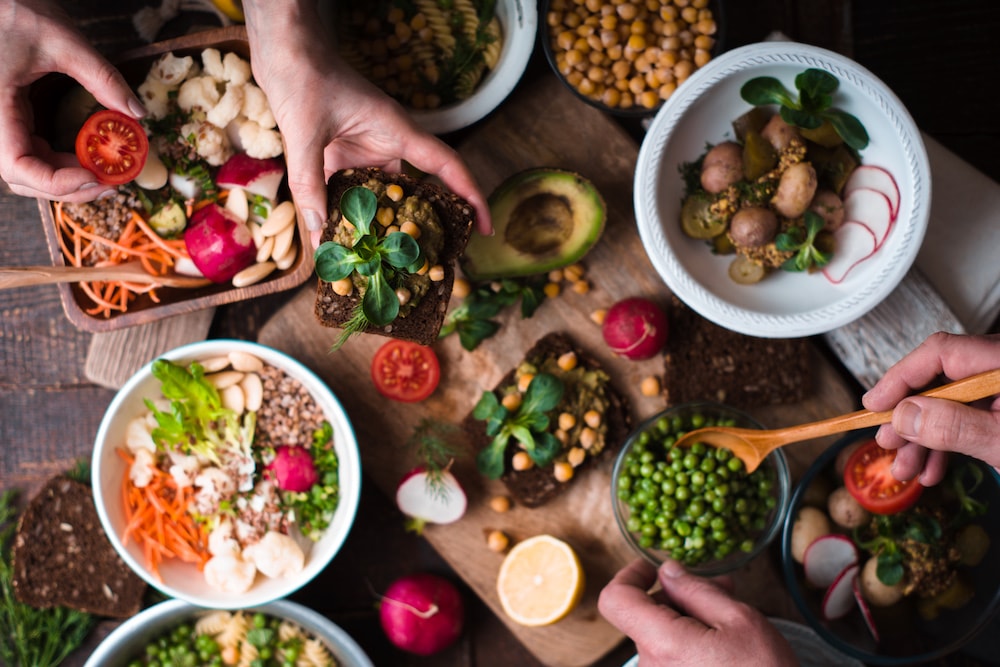
A typical example is someone opting for homemade almond milk over store-bought varieties or selecting fresh, organically grown local vegetables instead of imported goods.
Health advocates argue that a plant-based diet can prevent, manage, and sometimes reverse serious health conditions like type 2 diabetes, high blood pressure, and certain heart diseases.
Recent research highlights the significant health benefits of a plant-based diet, particularly for those with type 2 diabetes. The study revealed that over one-third of participants were able to reverse their diabetes diagnosis through a regimen of low-fat, whole food, predominantly plant-based diet. This finding not only supports the positive outcomes reported by numerous plant-based healthcare professionals but also adds to existing evidence that whole-food plant-based diets can surpass traditional diabetes dietary guidelines.
Historically, conventional medical treatments for type 2 diabetes have focused primarily on symptom management. However, this new approach emphasizes achieving remission, shifting the paradigm towards more sustainable health improvements
This example is designed to help readers visualize the potential health benefits of embracing a plant-based lifestyle within the broader “Veganism vs. Plant-Based” framework.
Veganism
Veganism goes beyond dietary choices to embrace a full ethical philosophy that avoids using animal products in all forms. This includes food, clothing (like leather and wool), and other products (such as beeswax in beauty products).

Vegans are deeply invested in animal rights and often engage in activism to promote their beliefs. While their diet may overlap with plant-based eaters in avoiding animal-derived foods, vegans frequently include processed plant-based substitutes. For instance, vegan cheese and meat alternatives like seitan or tofu are popular among vegans who want to enjoy familiar flavours without compromising their ethical standards.
To illustrate, let’s consider, Lucy. She’s a vegan who actively campaigns for animal rights and regularly volunteers at animal sanctuaries. Lucy enjoys a variety of vegan foods, including processed snacks, demonstrating that vegan diets can be as diverse as any other. She drinks Coke, eats nachos, sugary vegan cakes, Beyond burgers, fake cheese, Nicecream and anything else with a vegan label on it.
Also, read 11+ Films & Best Documentaries on Veganism
Plant-Based Lifestyle
There’s also something called a plant-based lifestyle, which involves following the health aspects of a plant-based diet while also avoiding animal products in other areas of life. However, unlike vegans, people living a plant-based lifestyle usually don’t partake in activism focused on animal rights. They often reap the health benefits of their choices without the activism element.
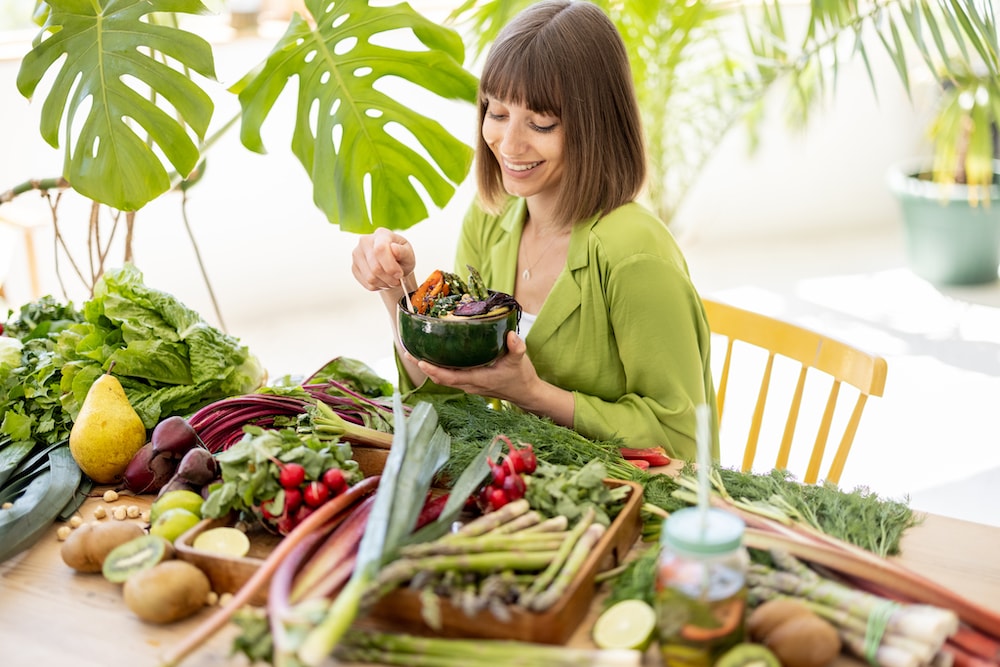
People following a plant-based lifestyle argue that by reducing their consumption of processed foods and unnecessary medication, they contribute to animal welfare indirectly. They believe that leading by example, and showing the health benefits of their lifestyle, can influence more people and have a broader impact.
For example, my friend, Sarah, who follows a plant-based lifestyle, educates her friends and family on the benefits of her diet choices through casual conversations and dinner parties, rather than through organized activism. This approach highlights a key aspect in the “Veganism vs. Plant-Based” dialogue, illustrating how different focuses and methods can lead to a shared goal of reducing animal exploitation, albeit through varied paths.
Also, read Plant Based Diet for Beginners | Guide | Dangers | Plan
Conclusion
In the dialogue surrounding “Veganism vs. Plant-Based,” it’s clear that while both diets avoid animal products, their motivations and lifestyle implications differ significantly. A plant-based diet is primarily centred around dietary and health considerations, focusing extensively on the physical benefits of eating wholesomely. On the other hand, veganism adopts a broader ethical framework, encompassing all areas of life, and actively addresses issues of animal welfare.
Both approaches help minimize animal suffering and promote environmental sustainability, but they appeal to different personal values and objectives. Whether you’re more swayed by health concerns or ethical considerations, both veganism and plant-based lifestyles have a positive impact on the planet.


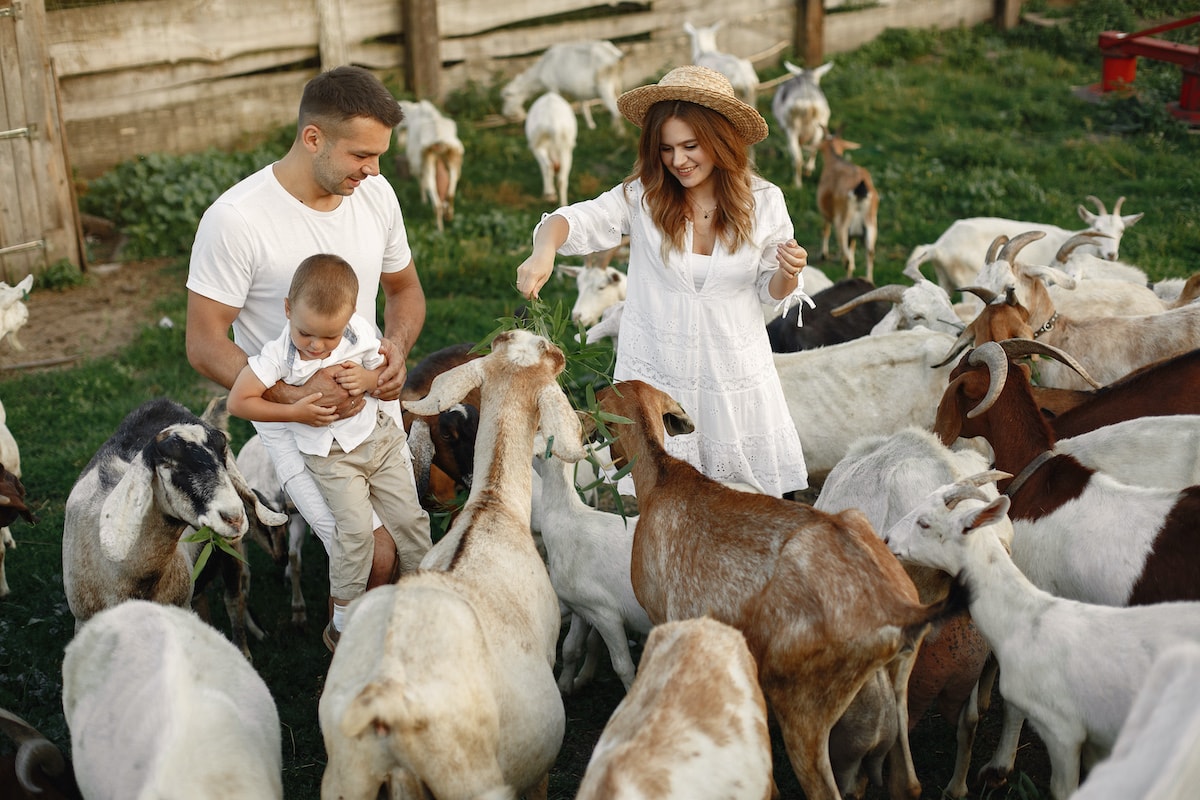
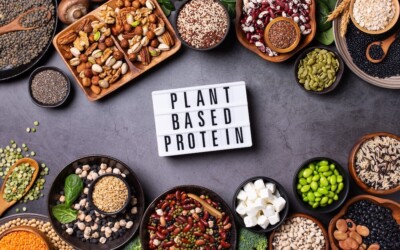








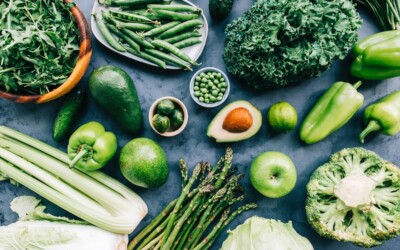





Great read and to the point. I now know exactly the difference between the two lifestyles!
That is informative! I like learning new things and this is definitely something new!
This is very clear. Thank you so much for sharing the specifics for each. Really appreciated your post.
Pastor Natalie
Letstakeamoment.com
There’s always a good debate here. They are both similar but still need a good practice to start which healthy lifestyle would fit your health. I’ve learned a lot in this post.
Thank you for identifying the differences. I always used to think the terms were used interchangeably.
Interesting I always thought they were the same thing.
This is such an awesome and helpful post! Thank you for identifying the differences and laying out everything in a simple way that was easy to understand! <3 thanks for sharing!
This is so helpful! I had always just lumped them both into basically the same package, but now I know the differences! It definitely helps when we are trying to cook for friends who have different diet restrictions that I can really know what needs to be included or excluded from recipes.
Thank you for clearly describing the differences between the two. It’s good to be informed!
Thank you so much for sharing this. Before I read your article I thought plant-based eaters and vegans are following the same diet. Now I understand that vegans tend to eat more processed foods and meat and dairy imitation foods.
Brilliant post and well explained thank you for this